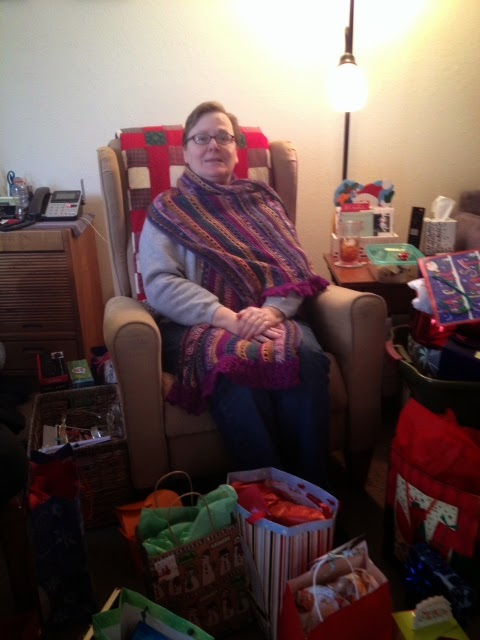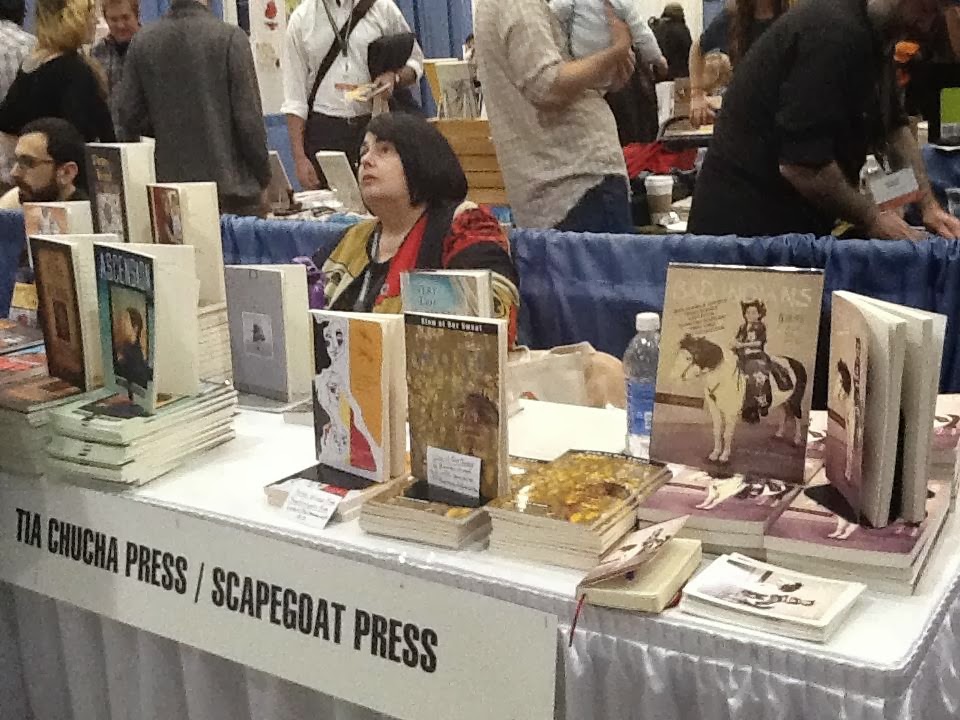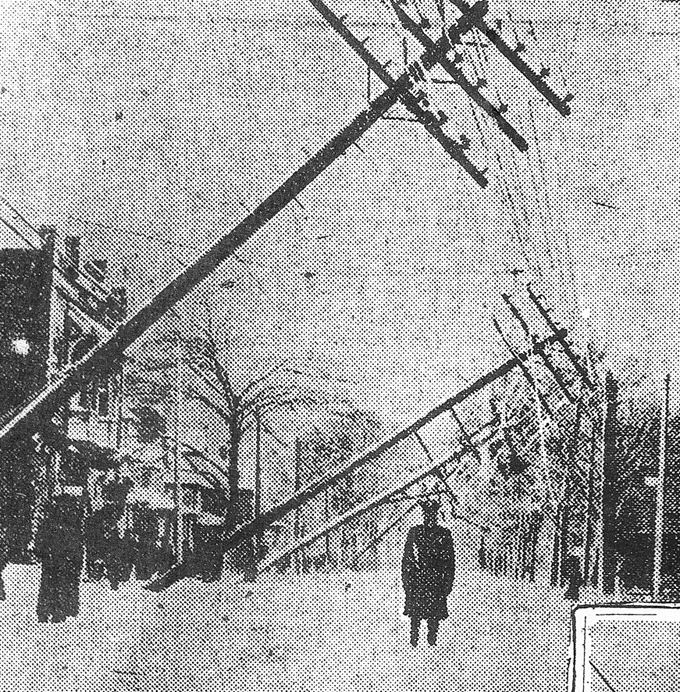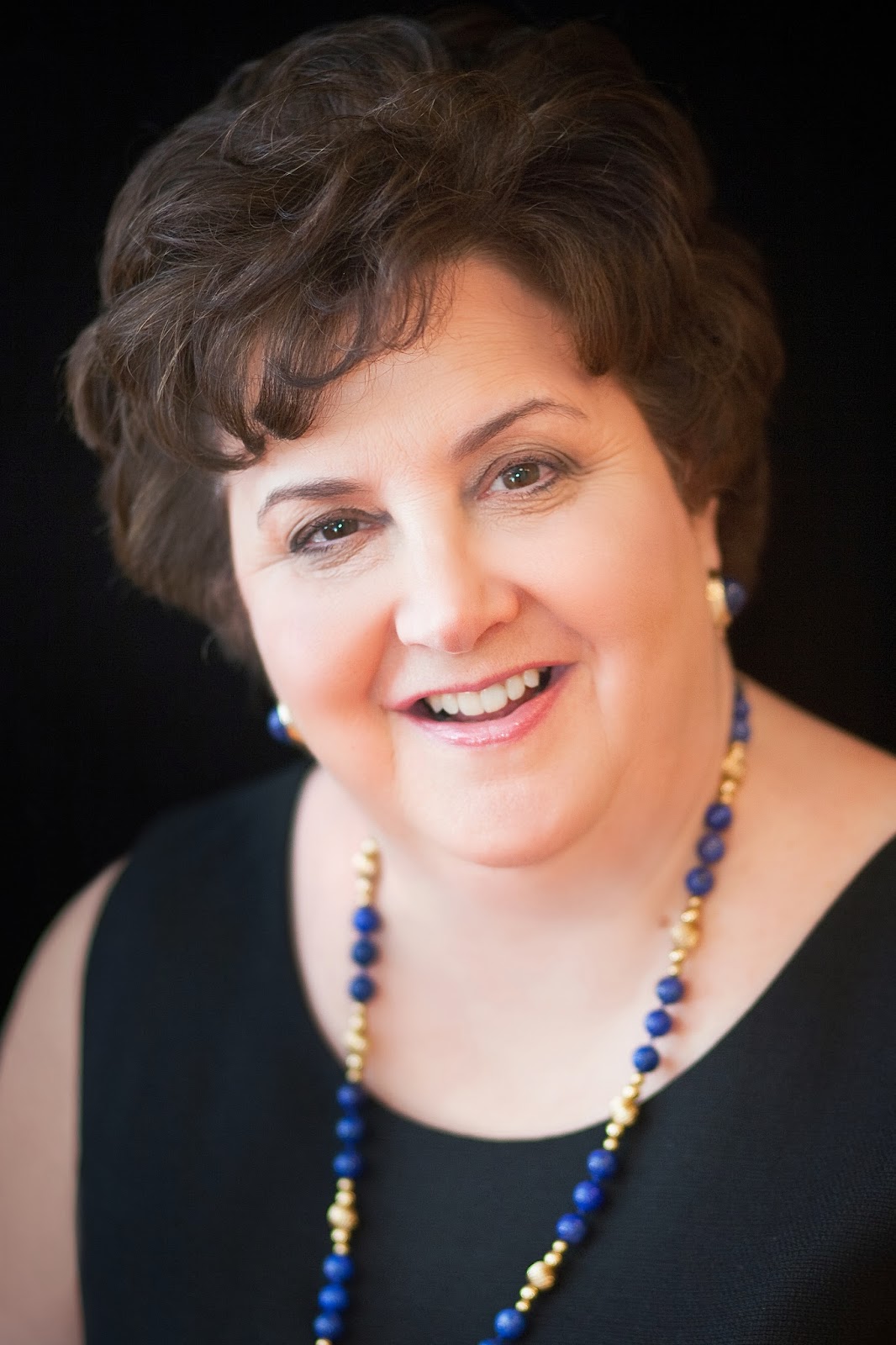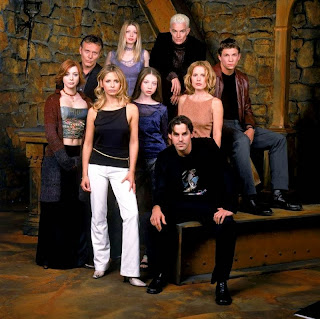by Linda
Rodriguez
I have always had a hard time saying
“no.” I like people, and I always want to help good causes. This has led to
years of low pay in the nonprofit sector, tons of overwork, lots of volunteer
hours, and on the good side, an awful lot of great friends. It also leads
periodically to a terrible feeling of overload, that point I get to when I have
so many urgent or overdue or essential tasks to do that I’m paralyzed. How do
you prioritize when everything needs to be done RIGHT NOW?
When I get to that point, I have to move
into To-Do Triage. I list everything that’s demanding my attention (and get the
most depressing multi-page list). Then I move down the list, asking myself,
“What will happen if I don’t do this today?” If it isn’t job loss, client loss,
contract violation, child endangerment, arrest, etc., it doesn’t go on the much
tinier list to be dealt with right now.
The trouble is that you can’t live your
life in To-Do Triage. At least, I can’t. Not as a permanent lifestyle. Sooner
or later, you have to learn to say “no.” Even when it’s difficult. Even when
it’s going to hurt someone’s feelings (whether it should or not). Even when
it’s something you’d like to do. At least, if you want to write, you will.
Sooner or later, you have to learn to guard your time like a mother eagle with
her nestlings. And sooner or later, you’ll find yourself having to relearn it
all over again. At least, I do. (Maybe I’m just a slow learner, and all the
rest of you can learn this lesson once and for all, but it keeps coming up in
new guises in my life.)
I remember the first time I learned the
lesson of no. I was a young, broke mother of two (still in diapers) who wanted
to write. The advice manuals I read were aimed at men with wives and secretaries
or women with no children or enough money to hire help with the house and the
kids. Since there was three times as much month as there was money, hiring
anyone or anything was out of the question—I was washing cloth diapers in the
bathtub by hand and hanging on a clothesline to dry because we hadn’t enough
disposable income for the laundromat. Yet
still I wound up the one in the neighborhood who canvassed with kids in
stroller and arms for the March of Dimes and the American Cancer Society.

One day someone who knew how much I
wanted to write gave me a little book called Wake Up and Live by Dorothea Brande, who also wrote the wonderful On Becoming A Writer. As I read it, one
sentence leaped out at me: “As long as you cannot
bear the notion that there is a creature
under heaven who can regard you with an indifferent, an amused or hostile eye,
you will probably see to it
that you continue to fail with the utmost charm.”
I began carving out time and space for
my writing, and to do it without shortchanging my babies, I cut out television
and most of my community involvement. This lesson had to be relearned when
those babies were high schoolers, my new youngest was a toddler, and I became a
full-time student and a single working mother at the same time unexpectedly. It
returned to be learned again when my oldest two were grown, my youngest in
grade school, and I took on running a university women’s center that also
served the community. Every time it had to be learned in a different way with
different adjustments. Once I’d given up television, that option was no longer
open to me. At one point, I switched my writing to poetry because what time I
could create or steal was in such small fragments that it made novels impossible
to write.
Now that I’m writing novels again and
publishing them (as well as poetry and freelance work still), one of the
time-eaters is the promotion work we authors must all do to win the readers we
believe our books deserve. It’s not something that can be skimped on, and yet
the creative work of designing and writing new novels must go forward, as well.
For a while now, each request for my volunteer time and work has had to be
carefully weighed, and most reluctantly rejected. At this time, my major
volunteer commitment is our local chapter of Sisters in Crime, Border Crimes.
Everything else must sadly fall by the wayside—and some people are quite
unhappy about that, as if they had the right to my time and skills because I’ve
given them in the past. I’ve had to learn to deal with that.
What about the time book promotion
takes, however? With my first and second novels (this was never a real issue
with my poetry books and cookbook), I said “yes” to every opportunity, every
event, every guest blog, every interview, every podcast, everything. And I
managed to write books during that time, as well—and had the worst winters,
healthwise, in many years, having worn my body down. This year I’m trying to be
more strategic about the promotion opportunities I accept. I’m still saying
“yes” to most of them—it’s part of my job, and I know that—but I’m examining
them more closely and deciding against some that I don’t feel will be as useful
for me, especially with travel involved. It’s hard, but once again I’m learning
that lesson, which is apparently one of my life-lessons—“no” can be the friend
of my writing and is necessary at times.
Charles Dickens, who was one of the
earliest and most successful self-promoting writers, put it best for writers in
any age when he said:
“‘It is only half an hour’ — ‘It is only
an afternoon’ — ‘It is only an evening,’ people say to me over and over again;
but they don’t know that it is impossible to command one’s self sometimes to
any stipulated and set disposal of five minutes — or that the mere
consciousness of an engagement will sometime worry a whole day … Whoever is
devoted to an art must be content to deliver himself wholly up to it, and to
find his recompense in it. I am grieved if you suspect me of not wanting to see
you, but I can’t help it; I must go in my way whether or no.”
Do you find it difficult to tell others
“no” when they want your time? If you’re a writer, how do you create ways to
balance the promotion and the writing?
COMMENTS–Blogger still won’t allow me to post comments on this blog or my own. (Go figure!) So I will respond to comments by editing the blog below. (I know that makes just no sense at all, but it’s the way things are.)
Marilyn, I know what you mean. I read your blogs and Facebook posts and see all the things you’re still doing. I actually was forced to finally take this whole concept of “no” seriously when I developed lupus, fibromyalgia, and COPD. Suddenly, I just could no longer do the work of several people as I had been doing. And the interesting thing was the number of people who wanted me to get out of my sickbed and do things for their organizations anyway. One woman tried to guilt me by telling me about another woman who had hosted an event for them even though she had had a stroke. (Of course, that woman was extremely wealthy with live-in help even before her illness and paid people to do the work necessary.)
And the books! I do review some books professionally and I try to be generous about giving blurbs because people were kind to me when I was starting out. Plus, I have students who send me their manuscripts or want letters of recommendation for fellowships, etc. Sometimes, I just have to say no to a blurb or review because my desk is already piled high with manuscripts and letters to do. Sometimes people don’t understand.
Thanks, Debra! I think that trick of balance is the hardest one to manage, and even if you do, conditions change and throw it all out of whack again.
Mary, my experience is that often people don’t come forward to do those things, and programs, etc., end up falling through the cracks. I’ve learned not to allow that to upset me and just say, “Well, if it wasn’t important enough for anyone else to help, it wasn’t important enough to take my time, no matter how much it seemed to be.”
Warren, I’m laughing and crying at the same time when I read your comment. That is so typical. “You’re at home doing nothing but writing, which is another word for nothing, so your time is completely available to me.” These are the same people who say, “I might whip out one of those mysteries on my two-week vacation while shepherding the kids through Disneyworld. I mean, how hard can it be, writing?”

